Lab-grown diamonds have sparked debate about the definition of a diamond, mining practices of the natural diamond industry and environmental implications. Let's take a look at the pros and cons of the lab-grown diamond industry...
| PROS | CONS |
| NO MINING: They do not require mining which degrades the environment and often puts workers in dangerous or unsanitary conditions. |
REDUCES EMPLOYMENT NEEDS: Lab-grown diamonds take away jobs from mining industry. When run responsibly, a diamond mine is a huge benefit to the economy of the host country. The jobs and income can help elevate many people out of poverty. |
| COST EFFICIENT: Lab growns cost 30-40% less than natural diamonds of similar size, color and clarity. That means you can upgrade your diamond for bigger and better characteristics for the same price as a smaller natural diamond. |
LACK OF AWARENESS: Many people might not understand what a lab grown diamond is. Because of this, many people are concerned that friends and family will think they have bought a fake, cheap diamond. Of course, you don't have to tell anyone you bought a lab grown diamond (even experienced gemologists might not be able to tell).
|
|
TRACEABILITY: You can, with 100% certainty know the origin of your diamond. The issue of conflict or “blood” diamonds is very prominent in many consumers’ minds. You can be confident that your diamond did not support wars or child labor in any way.
|
PERCEPTION: They are not perceived to be as romantic as natural ones. Some couples love the history behind mined diamonds and the fact that every stone is one of a kind, forged by the power of nature over millions of years.
|
|
ENVIRONMENTALLY SUSTAINABLE: While this is debatable, it is generally accepted that it takes considerably less energy to grow a diamond in a lab than it does to dig it out of the ground. There is also no need to displace many tons of earth to create lab grown diamonds |
ENERGY HEAVY: Lab-grown demands huge amounts of energy. While lab grown diamonds circumvent environmental issues with mining, they create sustainability problems of their own. They require a lot of heat and pressure. |
| RESALE VALUE: It is hard to say how the future will treat the value of these stones. They currently have no supply constraints. While this may sound good for the lab-grown industry, it could create a problem in the long term: lab grown diamonds will continue to depreciate in price, which would impact resale value. If you're buying an engagement or wedding ring, you most likely would never want to re-sell it, so resale value might be an irrelevant factor. |
The key is to decide what is most important for you in a diamond; peace of mind with traceability, the romantic perception of an ancient rock or the price, just to name a few.
Sheen has used lab-grown diamonds in custom jewelry orders, but only when the customer is fully aware and educated on them. We also only use certified diamonds when they are 0.7ct+. One of the biggest appeals has been the price comparison between a natural and cvd diamond of the same or similar characteristics. If you'd like to know more, get in touch via contact@sheen.ae.
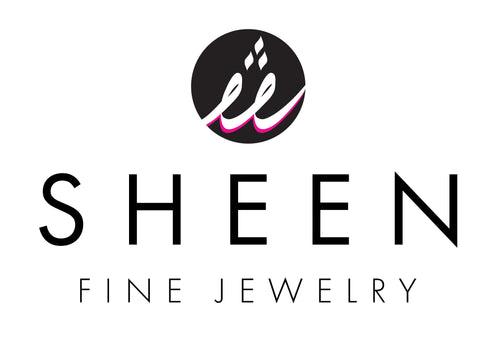
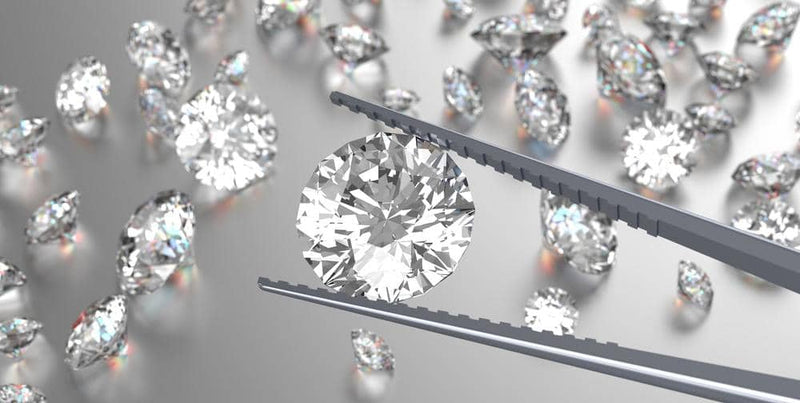
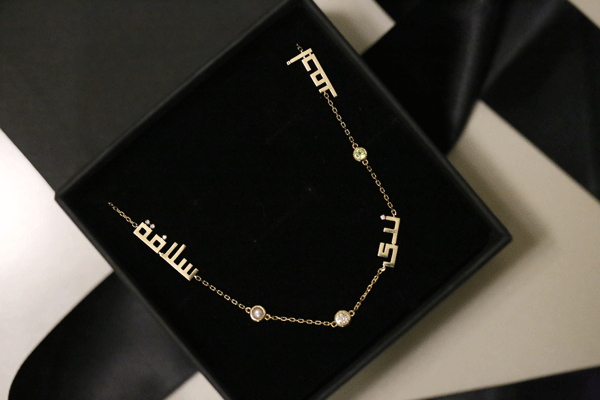
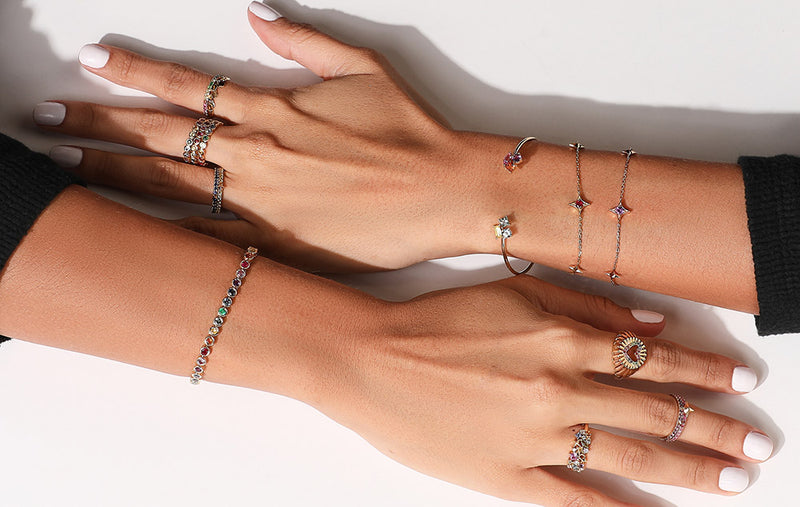
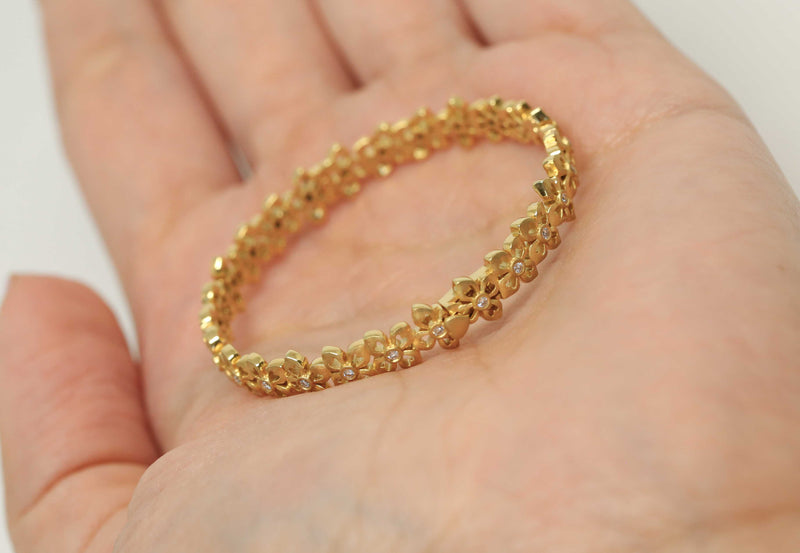
0 comments